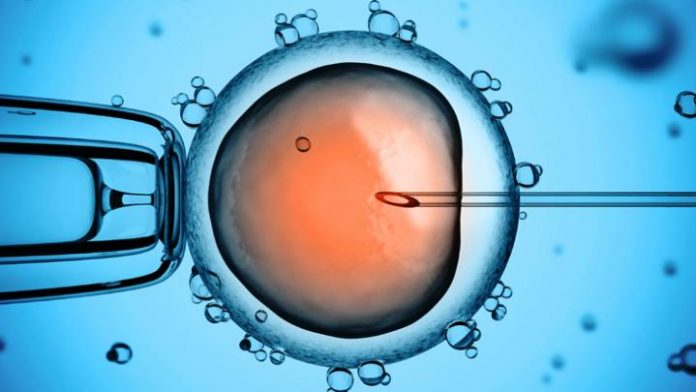Unapproved stem cell therapies remain a top US Food and Drug Administration (FDA) enforcement priority in the USA. Recent court rulings in favour of the agency affirm that unproven stem cell therapy is subject to FDA regulation, and clinics using it will be subject to increased enforcement action against unapproved stem cell therapies.
The FDA has a focus on stopping stem cell clinics that put patients at risk.
While cell-based regenerative medicine has the potential for significant public health benefits, the FDA has made clear that the agency cannot allow unproven products that exploit the hope of patients and their loved ones.
The agency has ended the enforcement discretion period for developers of human cell, tissue, or cellular or tissue-based products and foreshadows stepped up enforcement of stem cell clinics and other establishments that it considers to be marketing products unlawfully.
The FDA expects stepped up enforcement actions against parties marketing unapproved stem cell products, especially as it returns to full operational capacity and barriers to inspections arising from the COVID-19 pandemic wane.
In 2017, the FDA published a new regenerative medicine policy framework which provided for a grace period of risk-based enforcement discretion. This grace period was meant to give certain manufacturers time to assess whether they needed to file with FDA, or whether they met the regulatory criteria for continuing to market their products solely under the authority of section 361 of the Public Health Service Act (PHSA), which does not require pre-market review and approval.
The FDA has now begun cracking down on companies operating in the space that are not in compliance with the agency’s regenerative medicine policy framework. Risks go well beyond FDA enforcement, and include the possibility of legal action, False Claims Act liability, product liability claims, and susceptibility to private lawsuits.
That enforcement has included actions against clinics in California, Florida, and New Jersey.
The FDA has issued more than 400 letters to manufacturers and health care providers who may be offering violative stem cell or related products. The agency reviews websites, Facebook pages, and YouTube channels for advertising and promotion about stem cell products marketed without an IND application.
The FDA has said it remains committed to bolstering cell and gene therapy approvals.








 ©2024 All rights reserved LaingBuisson
©2024 All rights reserved LaingBuisson 


